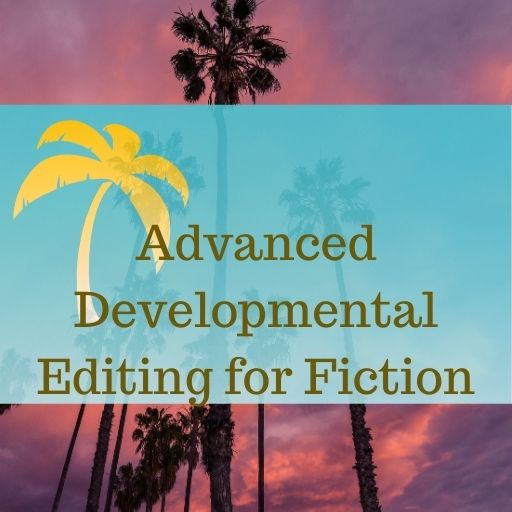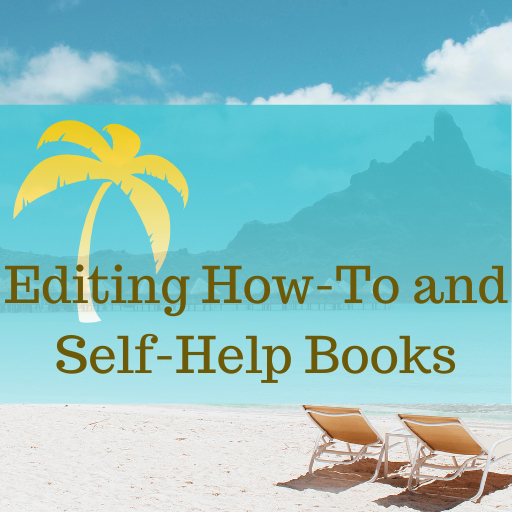Why Providing Clear Guidance Matters for Editors
In the Club Ed membership group, we were discussing a (published) how-to book aimed at writers. One of the editors mentioned how the information was presented in a confusing way and that this made it difficult for her to continue reading. Then she remarked, “My mind is generally in a state of burden.”
I don’t know a single one of us who didn’t feel that remark in their bones. Everyone is in a state of burden.
Why Providing Clear Guidance Matters for Editors
THIS is why I harp so much on making your queries and guidance crystal clear and easy to understand when you’re editing. This is why providing clear guidance matters for editors because your clients are in a state of mental burden. If they have to decode your cryptic comments in order to understand your edit, they’re probably not going to do so. They may not even reach out for clarification. See: “My mind is generally in a state of burden.”
Keep this in mind from your first encounter with a potential client to the receipt of your final payment from them.
Help your clients succeed by checking that they understand your policies and expectations, remind them when a booked edit is coming up, ensure that your edit outlines a doable and cohesive revision (rather than overwhelming the AU with a laundry list of a hundred things going wrong), and include the next steps when you deliver your edit even if you’ve already described them previously.
This isn’t hand-holding and “doesn’t anyone know how to adult anymore?” This is recognizing that we are all dealing with a lot, all the time, and a little understanding goes a long way. The ability to show your best self (and work) to authors and clients is why providing clear guidance matters for editors.
Tips for Editors & Writers
-
Coaching Opportunities with Potential Clients
I think of coaching as anything that helps a writer write their book, improve their book, sell their book, or otherwise advance their writing career but which isn’t a straightforward edit on a complete manuscript. In other words, if I help an author write a query letter, or brainstorm solutions to plot problems, or review
-
Coaching and Editing Discovery Drafts
Discovery drafts are typically the first draft of a novel that an author uses to explore the story they’re writing, whether the story has been prompted by a situation, a setting, a character, or a theme. The discovery draft typically includes stops and starts, directions the story could take but doesn’t, characters that fade in
-
Editing for Character Development
When you’re editing for character development, keep in mind that even small changes have ripple effects throughout the entire manuscript. So any changes you suggest need to be important, or else you’re asking the author to do a lot of work for little reward. For example, sometimes I’ll see editors suggest things like, “Hey, you
Join the Club!
New to story editing? Begin at the beginning.





